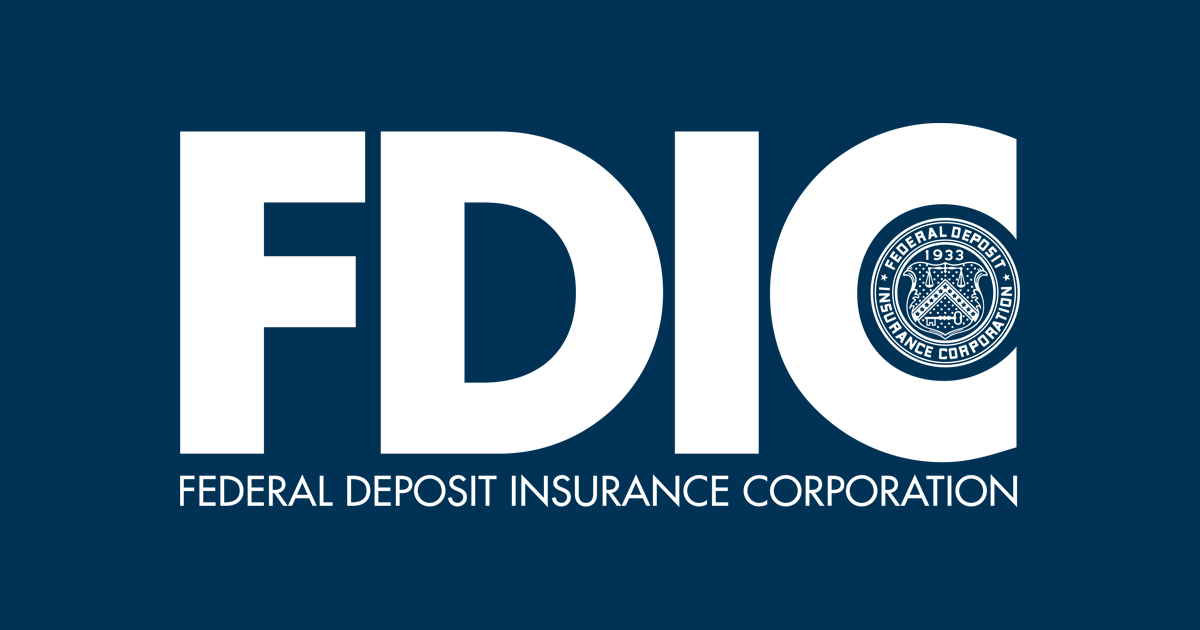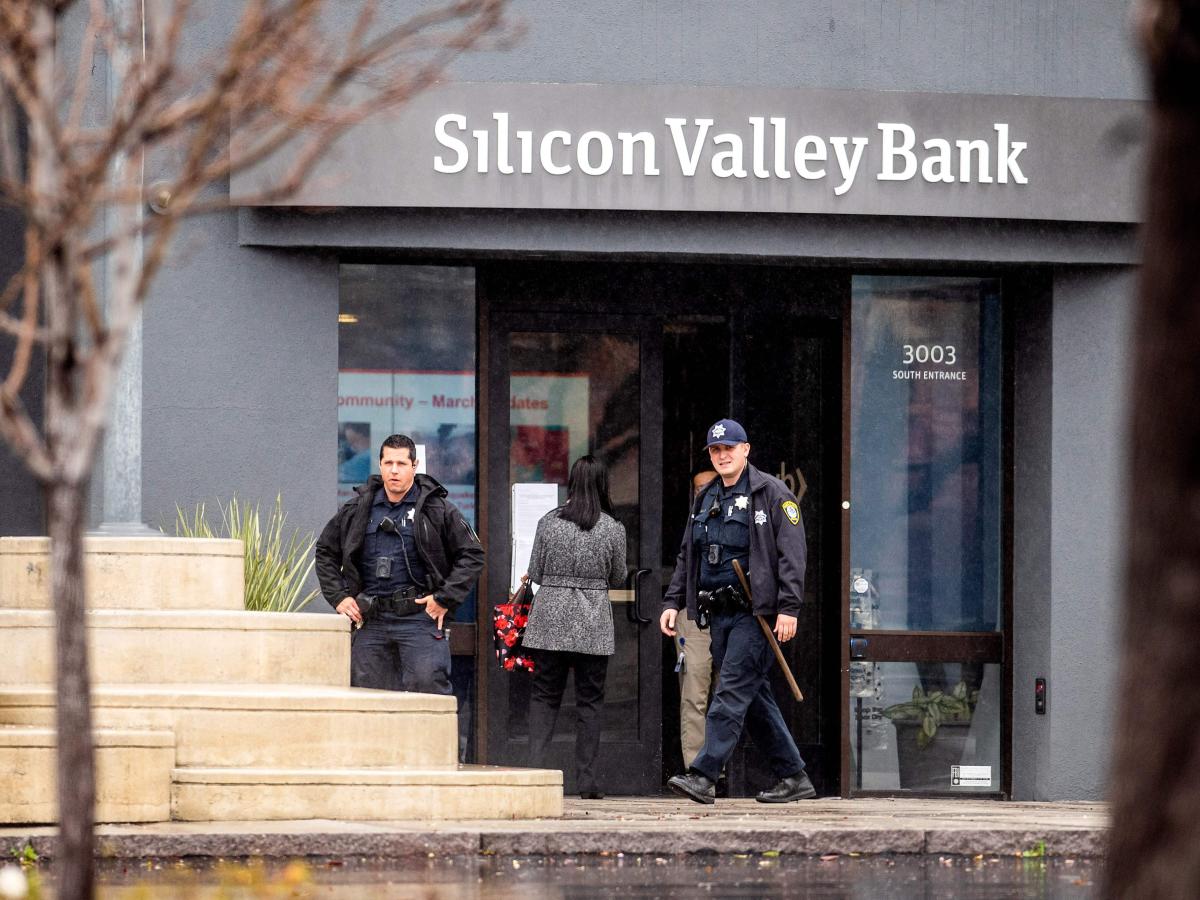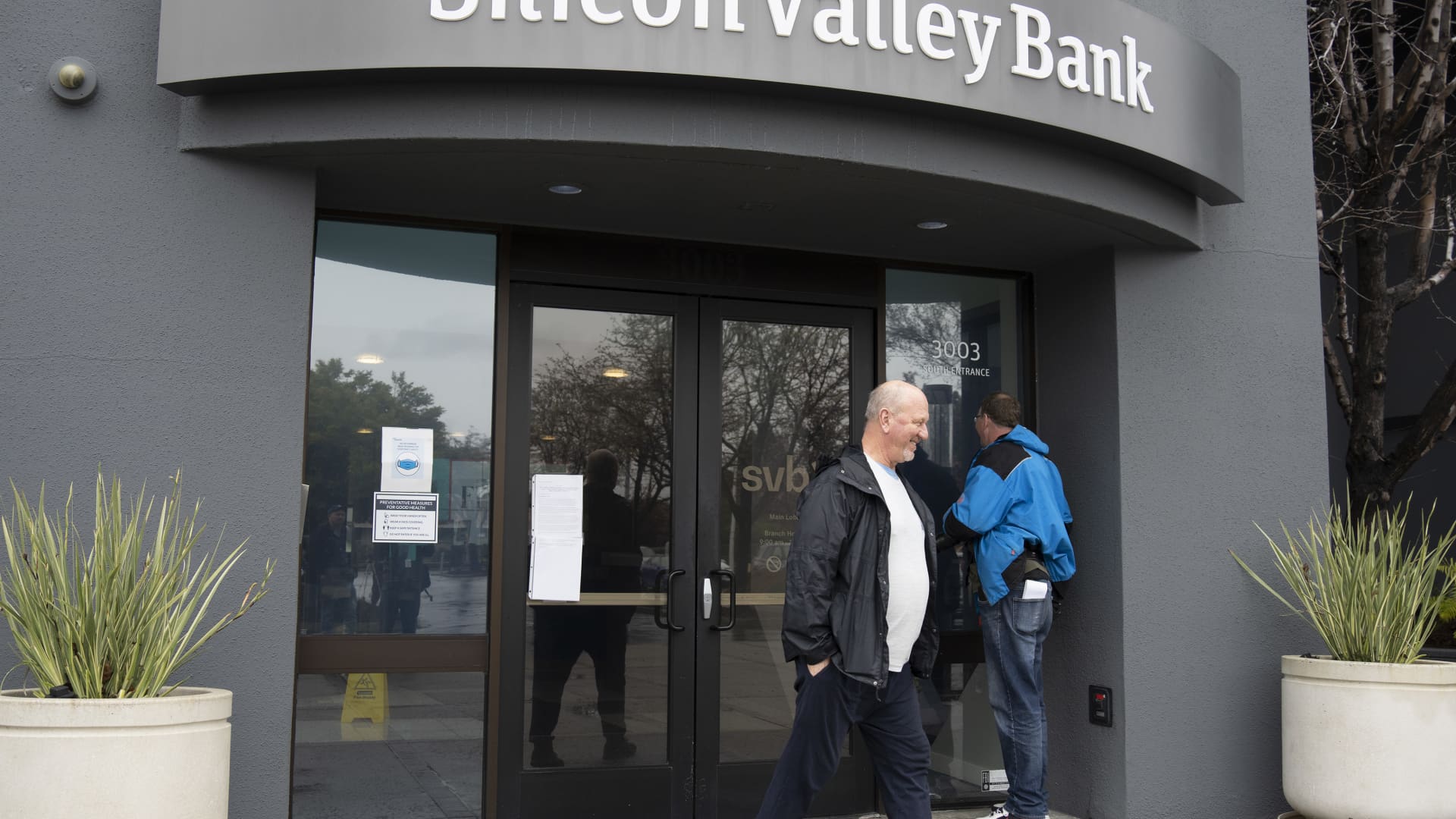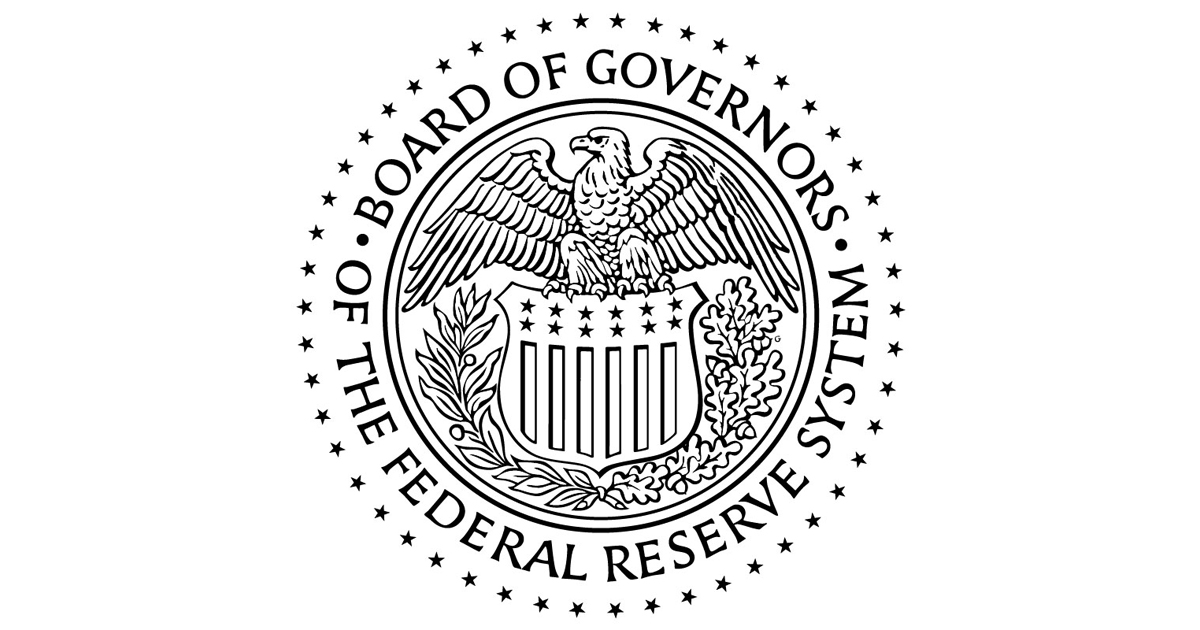Silicon Valley Bank (SVB) was thriving. Credit losses are fairly low. Its deposits TRIPLED from 2019 to ‘21.
How’s that a problem? It sounds great, right?
1. When banks accept deposits from clients, they OWE the client that money. So deposits are liabilities to the bank. Liabilities cost money……”cost” both to serve those clients (branches, tellers etc ) and any interest the bank pays you on your checking account (deposit).
2. To pay for the cost of those liabs, banks turn them into assets: lending deposits as small business loans, mortgages, etc.
If a bank can’t lend deposits responsibly, it often uses excess to BUY loans or “securities,” like US Treasuries & Mortgage Backed Securities (MBS)
3. As mentioned above, from 2019-2021, the deposits tripled! SVB needed to take those funds & acquire “assets” to pay its costs.
4. Much of the $ was from VC-backed companies that needed a place to deposit the $ they raised. Those are big deposits.
5. Deposits were pouring in too fast to lend responsibly. SVB recognized that. Rather than make dumb loans, SVB bought assets guaranteed by the US government - Treasuries and MBS. BUT, it bought long duration. Often 10+ year bonds.
Mistake!
6. When rates rise, fixed income prices fall.
A general rule of thumb is for every one year of “duration,” each 1% interest rate move impacts the price of the bond by:
1% x Duration
A 1% move on a 9 yr duration bond is ~9% +/- on the bond price.
But banks are levered…
7. Remember: banks generally acquire assets by using deposits (liabilities) as the capital source.
And banks like SVB are levered 10:1 or more: owing $10+ for every $1 of shareholder equity.
If you’re levered 10x, a 10% loss on assets is a 100% wipeout.
8. So SVB bought high quality assets, but it bought tons of them with LONG duration at LOW interest rates.
When the Fed raised rates, those assets declined in value…
…1% x Duration.
Those losses, multiplied through the leverage at SVB, caused a big problem!
9. SVB now has a mark-to-market hole in its balance sheet. It’s “just” mark-to-market: as long as its liabilities are sticky (ie, depositors leave their money SVB), it will ultimately be fine.
But that’s a big “if.”
10. Technically, if all the depositors ask for their $ back at once, SVB needs to sell those bonds at the mark-to-market value, crystallizing what could have been a temporary loss. And if those losses are big enough, it may not have enough money to pay out all depositors.
11. But that situation rarely happens. However, once it starts, game theory kicks in: NOBODY wants to be the last depositor at a bank.
12. Which brings us to today. SVB has large depositors. Large depositors aren’t fully insured by the FDIC - they have an incentive to find HIGHLY sound banks. Once a whiff of issue pops up, large depositors run…“bank run.”
13. As a bank’s deposits go in reverse, it has to sell assets. The FHLB steps in to help turn its less liquid assets into more liquid.








